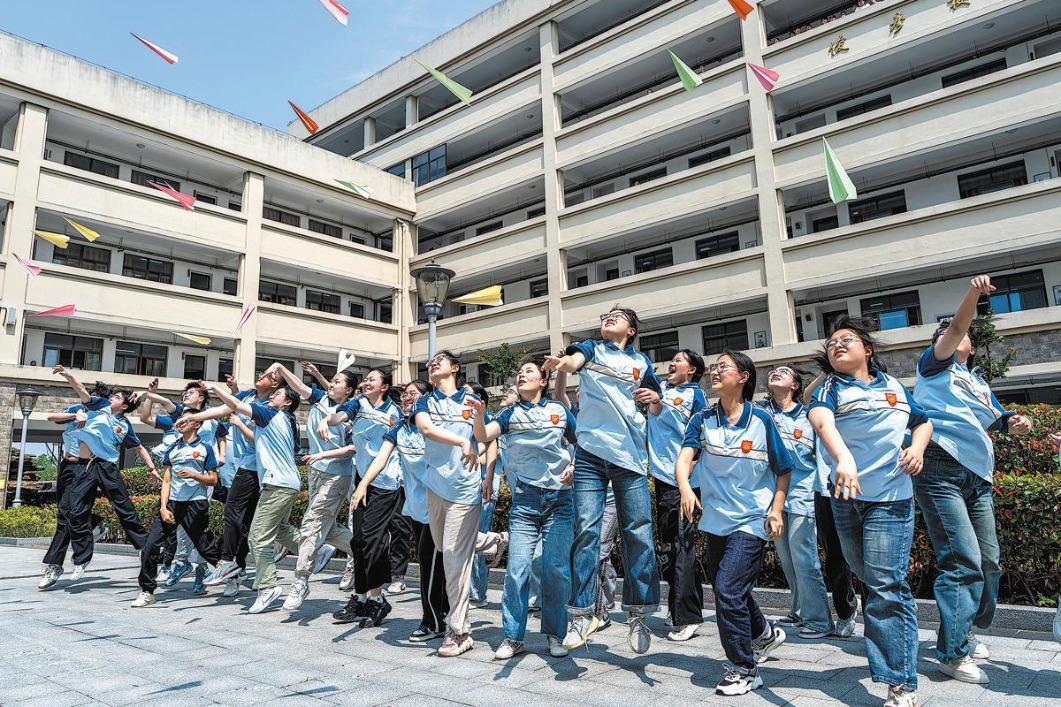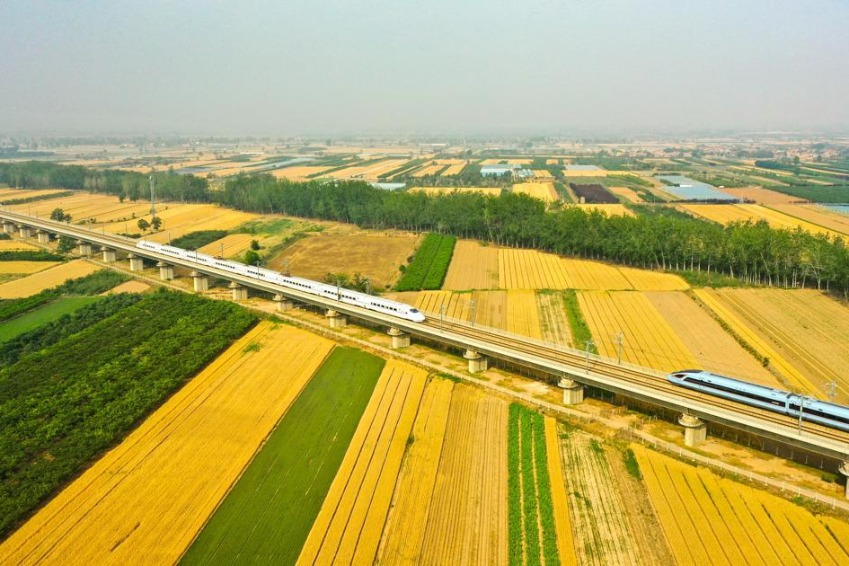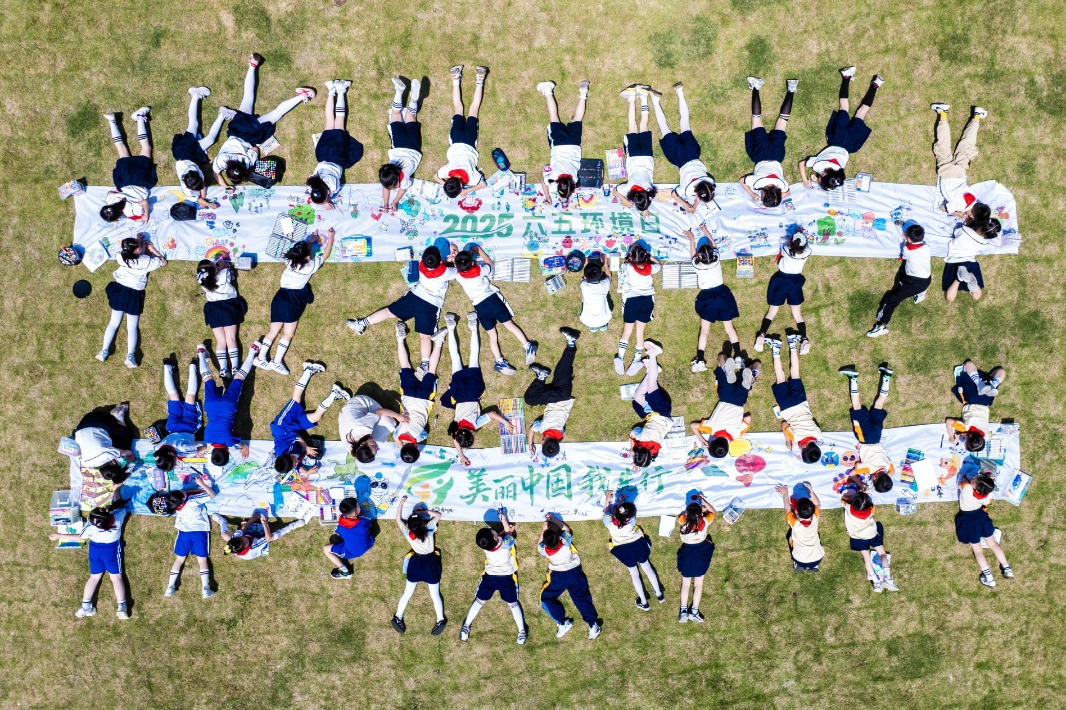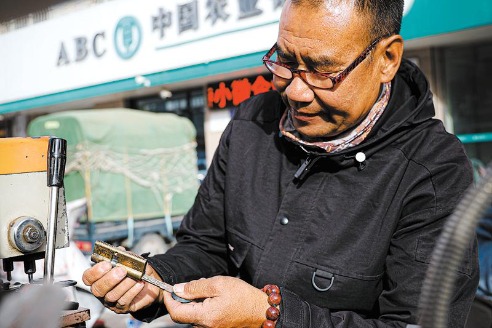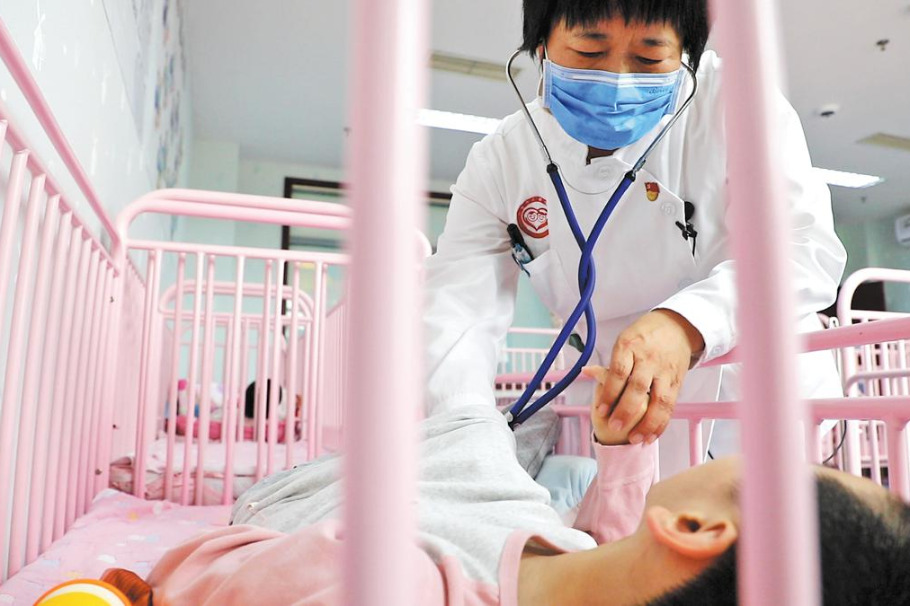Rural Guizhou county turns big matcha player

GUIYANG — In Jiangkou county, nestled in Southwest China's mountainous Guizhou province, a centuries-old tea tradition is fueling a modern global boom. Last year, the county's matcha sales exceeded 1,200 metric tons with an output value surpassing 300 million yuan ($41.7 million), while its products have been exported to overseas markets including Japan, the United States and France.
As a major matcha-producing country, China is poised to produce over 5,000 tons of matcha this year.
Notably, Guizhou, leveraging its high-altitude tea farms, low latitude and misty climate, accounts for a quarter of China's national output and exports to more than 40 countries and regions. Jiangkou, located at the foot of Fanjing Mountain, a UNESCO World Nature Heritage Site, was once a poverty-stricken area but is now a pioneer in matcha production. This turnaround began in 2017, when cutting-edge matcha industrial technology was introduced to this area.
Led by industry leaders in partnership with allied enterprises and local farmers, this initiative has established a province-wide matcha industrial network — spanning 22 counties and empowering nearly 100,000 tea growers through increased incomes.
The county's tea gardens currently cover about 10,667 hectares, with 20 percent dedicated to matcha production.
"We control every step from farming to processing — to ensure premium quality," said Meng Zude, chairman of Gui Tea Group, a leading tea company that manages the industrial cluster in Jiangkou.
Meng explained that farmers focus on cultivation while allied partners process leaves. Gui Tea Group then refines leaves into premium matcha. From field to factory, free technical support ensures compliance with European Union standards across the supply chain, Meng added.
The county has adapted Japanese matcha techniques to local conditions through both collaborations with experts and in-house research and development. Farmers now implement fertilization protocols, eco-friendly pest control and precision pruning — critical steps that ensure high-quality leaves.
Four tons of matcha have already been exported to Japan this year, while another six tons are scheduled for shipment to the traditional matcha hub this year, according to Chen Xiaoming, deputy director of Gui Tea's foreign trade business.
"Domestic clients now approach us directly, while Japanese buyers seek raw material supplies," Chen said, adding that inquiries have grown significantly.
"Matcha isn't just a drink," said Chen. "It's a lifestyle China now leads."
Xinhua
- Rural Guizhou county turns big matcha player
- Initiative calls for pediatric units at TCM hospitals
- Homemade civilian turboshaft engine gets bulk orders
- Oriental white storks found nesting, breeding in Shanxi
- Transnational road freight opens up opportunities
- 20 DPP-linked suspects face arrest warrant for cyberattack
















